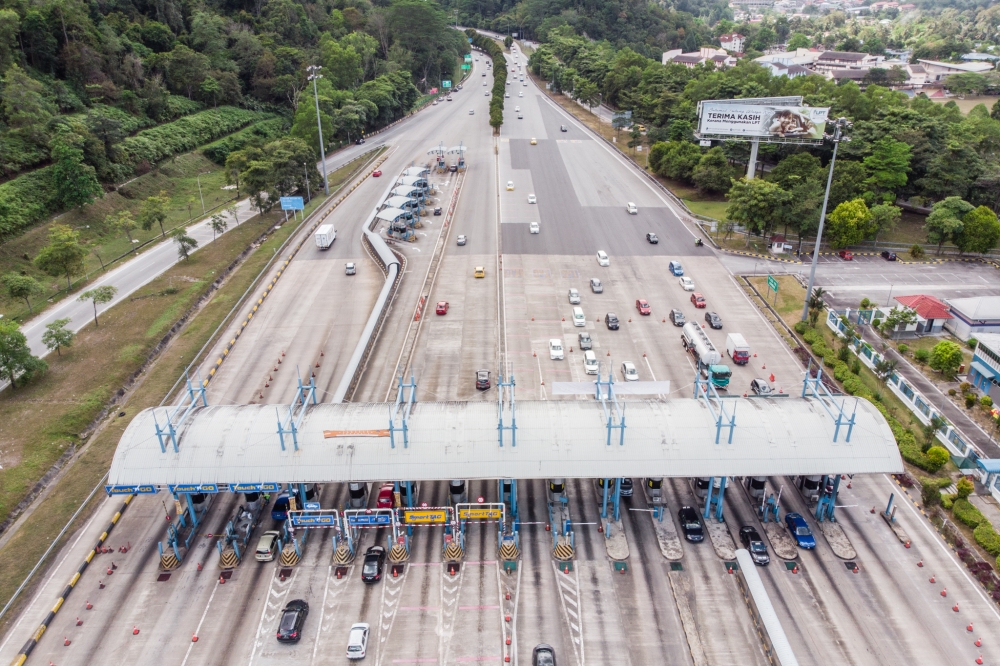KUALA LUMPUR, Jan 24 — The first movement control order (MCO) last year saw increased reports of mental health issues like depression, loneliness and anxiety as a result of prolonged isolation.
The second time around is not going to be any easier even if most of us are familiar with how things are by now.
Mental health experts have warned there might be a greater mental toll on those sheltering in place as the lockdown is expected to last at least as public health authorities try to rein in the high Covid-19 caseloads.
The current MCO is to last until February 4.
Shireen Olikh, a clinical psychologist who has been offering online therapy since the first MCO took effect last March, said the uncertainty could have an adverse mental effect on the public, particularly the vulnerable groups.
“There is a general theme of anxiety linked to this uncertain virus, and unpredictable outcome,” she told Malay Mail in an email interview.
“The people most at risk for mental health deterioration are domestic violence victims, and those confined with their aggressors, meaning mainly women and children,” she added.
“Another demographic at risk would be those suffering from mental illnesses, as people may feel abandoned in regards to their follow-up care... it’s crucial that people still have access to mental health services during the second round of lockdown.”
Mental health experts began offering remote therapy and counselling immediately after the first MCO and there has been a rise in people seeking help online, with a majority of them for stress-related conditions linked to the lockdown.
For example, Malaysian Mental Health Association (MMHA) set up a Free Emotional Support (FES) programme and Befrienders introduced a Skype line to provide for the surge in the number of help seekers.
Befrienders, a support hotline, was reported to have received up to 4,142 calls between March 18 and May 16 last year, when the MCO was in force. Over a third of them were suicidal in nature, according to news reports.
Shireen encouraged victims of domestic violence to protect themselves by reaching out to organisations such as the Women’s Aid Organisation through its domestic violence hotline.
“Now more than ever, there is a great need to focus on mental health as people have felt that they have been pushed to the absolute limit when it comes to their well-being and mental health,” she said.
What about the general public? Tamar Chang, clinical psychologist with the MMHA, said the first MCO had a huge impact even for those without pre-existing conditions.
Much of it stemmed from disruption of routine, job and financial struggles, loss of social connection, and mounting fear and uncertainty, which was reflected by the increase in distress calls through various helplines all over Malaysia, she noted.
“Many people had to adapt to a new way of life for an indefinite period, which gave rise to feelings of confusion, anxiety, frustration and helplessness, to name a few,” the expert added.
The MMHA is now anticipating a second wave of fear and uncertainty in areas of health, finance and relationships, as Covid-19 cases increase and tighter restrictions are enforced.
But private therapies may be too expensive for many of those who can’t access mental health services from a public healthcare system swamped by a spike in demand for online counselling during the pandemic.
Still, experts said there are ways for people to cope with the lockdown without having to seek therapy.
“A really useful tip would be for people to practise what they learnt during the first lockdown; think about what was harmful to your mental health, and what was helpful, then take the necessary steps to ensure that your mental health is given the care and attention that it deserves,” said Shireen.
Other tips that may help include sticking with a routine.
“While everything seems chaotic, the best thing we can do for ourselves is to provide our minds and bodies, a sense of normality. It could be especially helpful to carve out specific time for work and time to ‘switch off’,” the psychologist explained.
Going outside can also help, she added. This would definitely help those who have relied on outdoor sporting activities like running and cycling, now allowed under the current lockdown, to stay mentally and physically healthy.
“Studies have shown that natural daylight contributes to significant mental health benefits, especially in areas related to depression, agitation, and sleep. Aim to fit in at least 10-30 minutes of sunlight daily,” Shireen said.



















